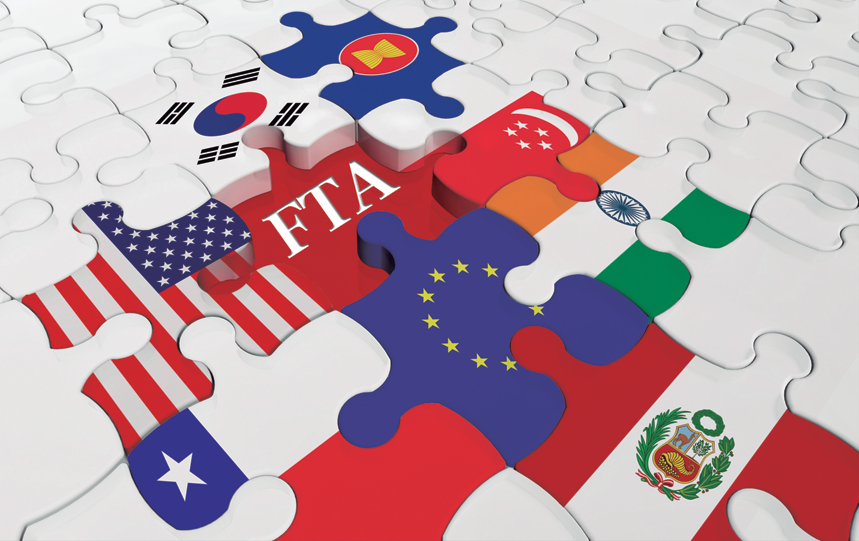The full potential of European Union free trade agreements (FTAs) remains untapped to almost $89 billion. This is the amount that European exporters overpaid because they did not take full advantage of the reduced tariffs offered by the FTAs that the EU as a bloc has signed with a variety of both developed and developing countries.
As governments hurry to negotiate or review FTAs it is important to understand if businesses are fully using the agreements, argues the report, which is the first to use the concept of utilisation rates to systematically analyse FTAs entered into by the EU.
“This report challenges some enduring myths on preference utilisation in free trade agreements,” United Nations Conference on Trade and Development's (UNCTAD) secretary Mukhisa Kituyi and National Board of Trade Sweden's director Anna Stellinger, write in the preface to the report. “For example, it is commonly believed that FTAs, in general, are not used to a high degree.”
However, empirical data presented in the report indicates that companies in the EU mostly take advantage of FTAs with other countries but also that border-related aspects of their implementation might in some cases be more cumbersome than the provisions of the FTAs themselves.
The report concludes that, while some potential in the agreements remains untapped, companies are for the most part making use of them. "The EU’s exporters use the agreements for 67 percent of their exports to countries with which FTAs exist," co-author Stefano Inama of UNCTAD said.
The EU’s exporters use the agreements for 67% of their exports to countries with which FTAs exist,
“But we can also note that the EU’s importers use the free trade agreements to an even greater extent. In 90 percent of cases where tariff reductions can be used, they are,” added co-author Jonas Kasteng of the National Board of Trade Sweden.
This results in higher prices for consumers, a large proportion of under-utilisation is in exports from the EU to major free trade partners. In total, (if all free trade agreements are considered) the EU's importers forfeit 600 million euros in reduced tariffs every year. This ultimately means higher prices for the manufacturing industry and for the end consumer.
The link between the complex rules of origin and the low utilisation will be further explored in future publications and reports by UNCTAD and the National Board of Trade Sweden.
"Many companies report that they have difficulties taking advantage of the preferential tariffs in the FTAs, which often has to do with the fact that the rules on proving a product’s origin – a requirement for reduced tariffs – are complex," explained Inama.






